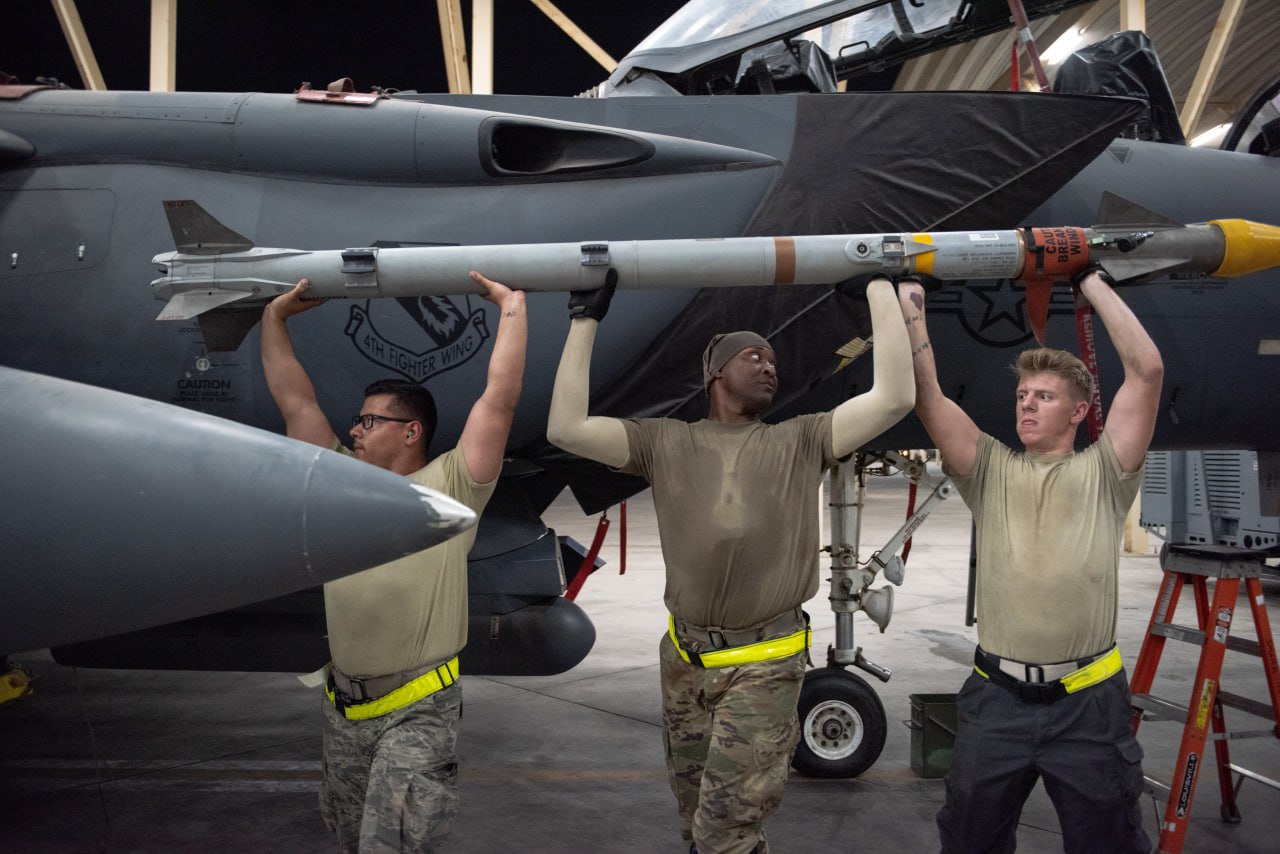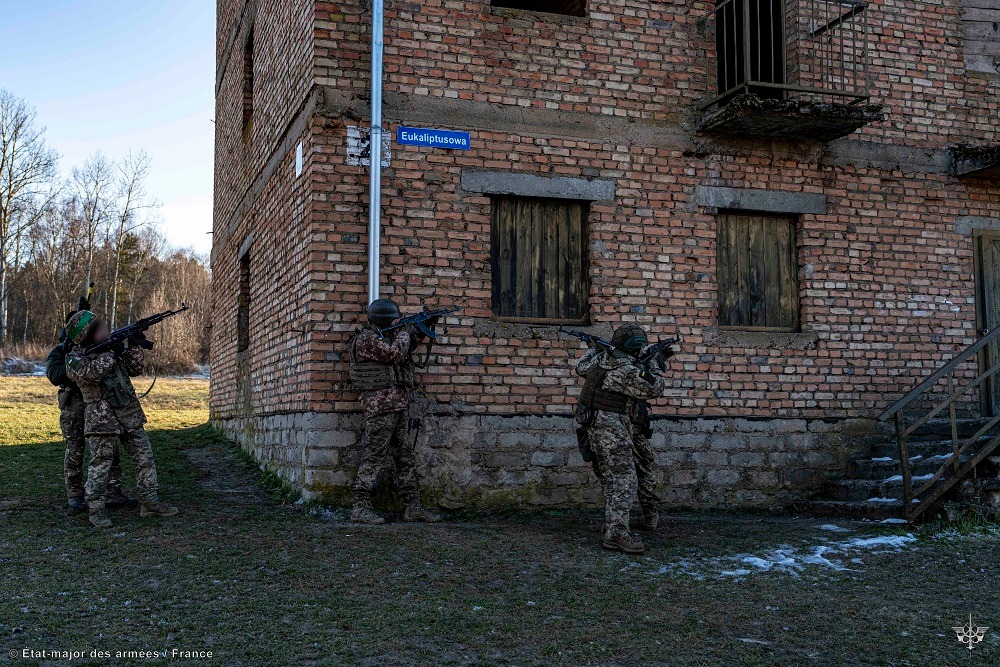Raytheon Technologies has secured a $161 million contract update to boost production and modernize the AIM‑9X missile, a key component of U.S. and allied air defense. The move comes as demand rises for advanced short-range air-to-air weapons, as reported by the Defence Bog.
The contract covers engineering and manufacturing work, including the development of a new warhead, production of additional missiles, and the sharing of technical data to strengthen supply chain resilience. Importantly, the contract also includes support for Ukraine, reflecting ongoing U.S. and allied efforts to reinforce Kyiv’s air defense capabilities.
The AIM‑9X, part of the renowned Sidewinder missile family, is designed for high agility and precision in close combat. Its advanced infrared seeker and thrust-vectoring system make it one of the most capable dogfighting missiles in service today.
Under the contract update, Raytheon will produce 126 AIM‑9X‑4 Block II missiles, 32 transport containers, and 20 spare optical targeting devices for the U.S. Army. Work will take place across multiple sites, with major efforts in Tucson, Arizona, and Raufoss, Norway, while additional tasks will be handled in the U.S., Germany, and Canada. The programme is expected to continue through September 2029.
Officials say developing a second production source for the missile’s motor and warhead will reduce supply chain risks and ensure steady availability for U.S. forces and international partners. Ukraine’s inclusion highlights the growing role of U.S.-supplied weapons in strengthening allied defenses amid ongoing regional tensions.
The AIM‑9X has already been integrated into Western-supplied defense systems in Ukraine and could play a critical role in future fighter aircraft deployments.
"Equally interesting is Ukraine’s role in this process, which is mentioned several times in the news, as AIM-9X missiles are already used in Ukraine’s air defense systems, in particular the American-Norwegian NASAMS, and have already been deployed on F-16 fighter jets," writes the military analyst Yigal Levin.




















